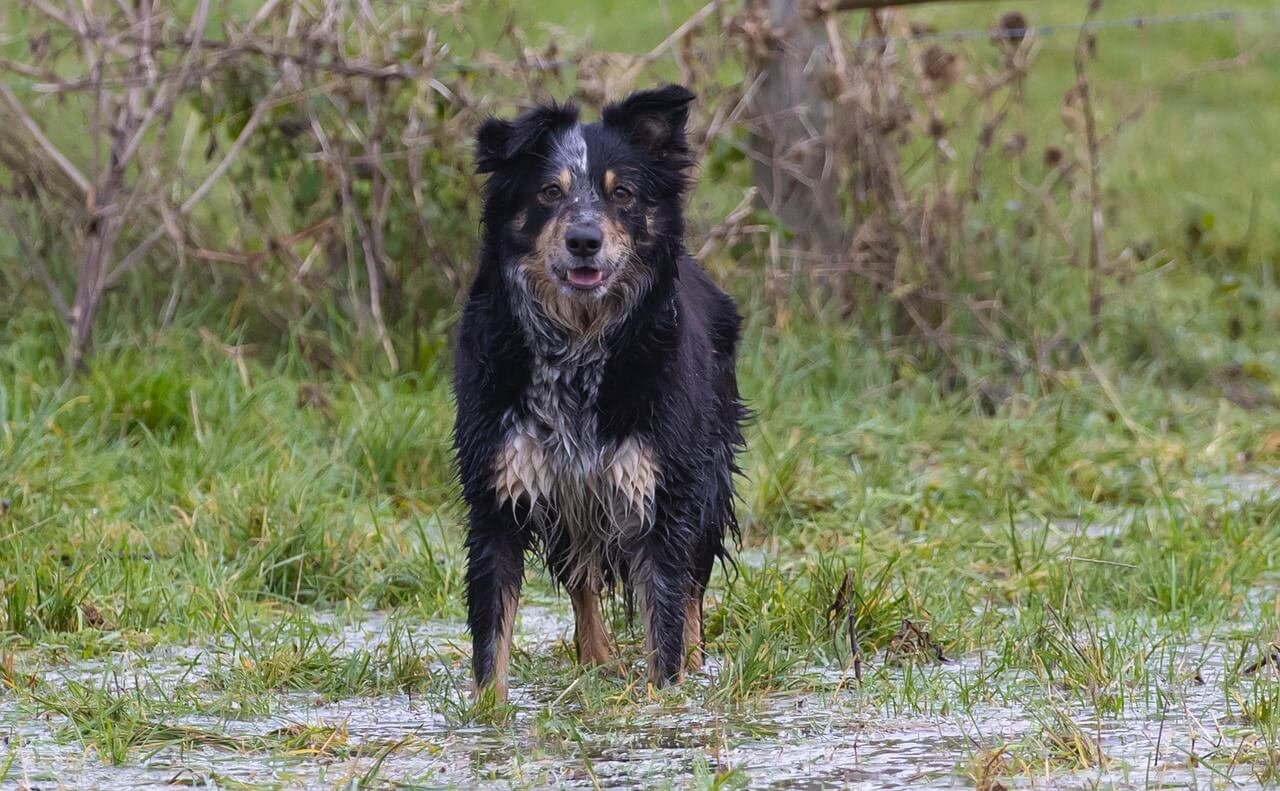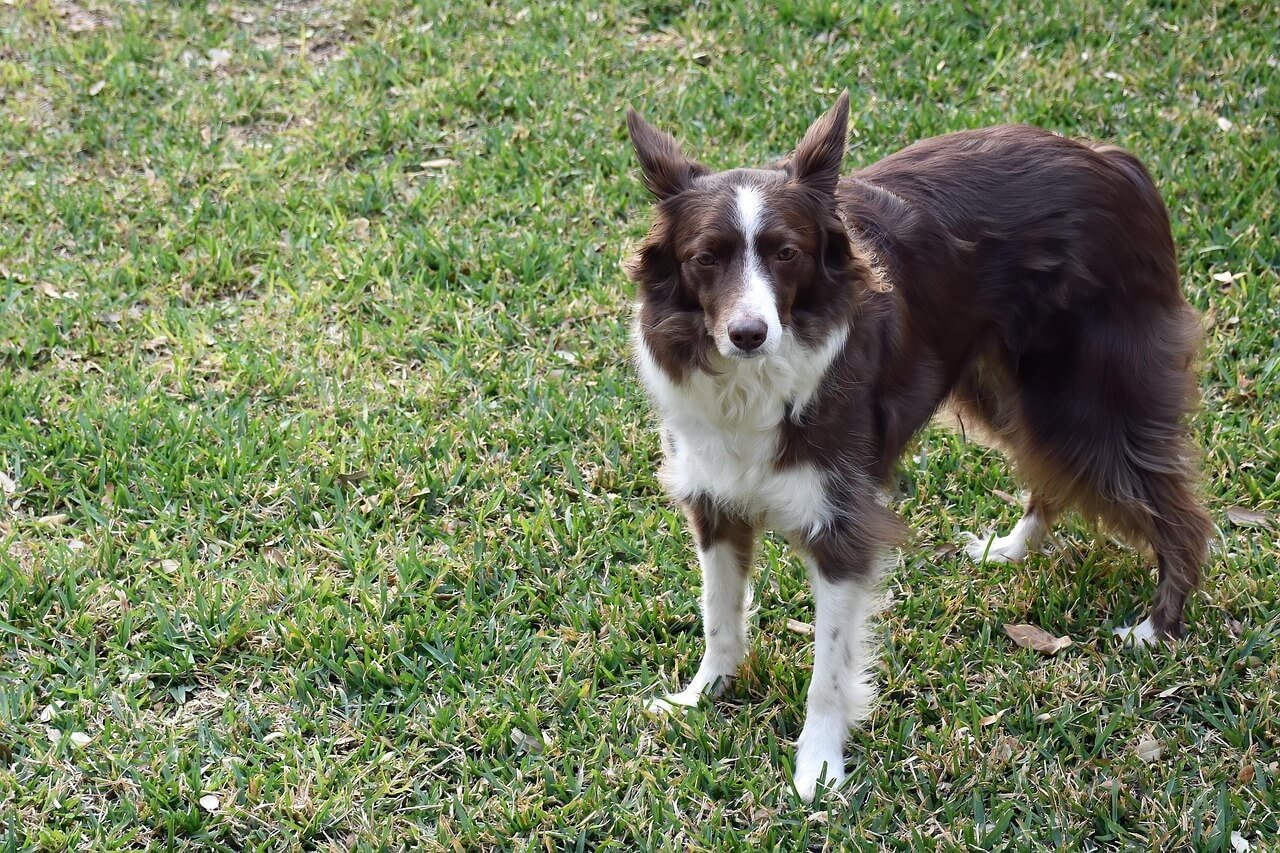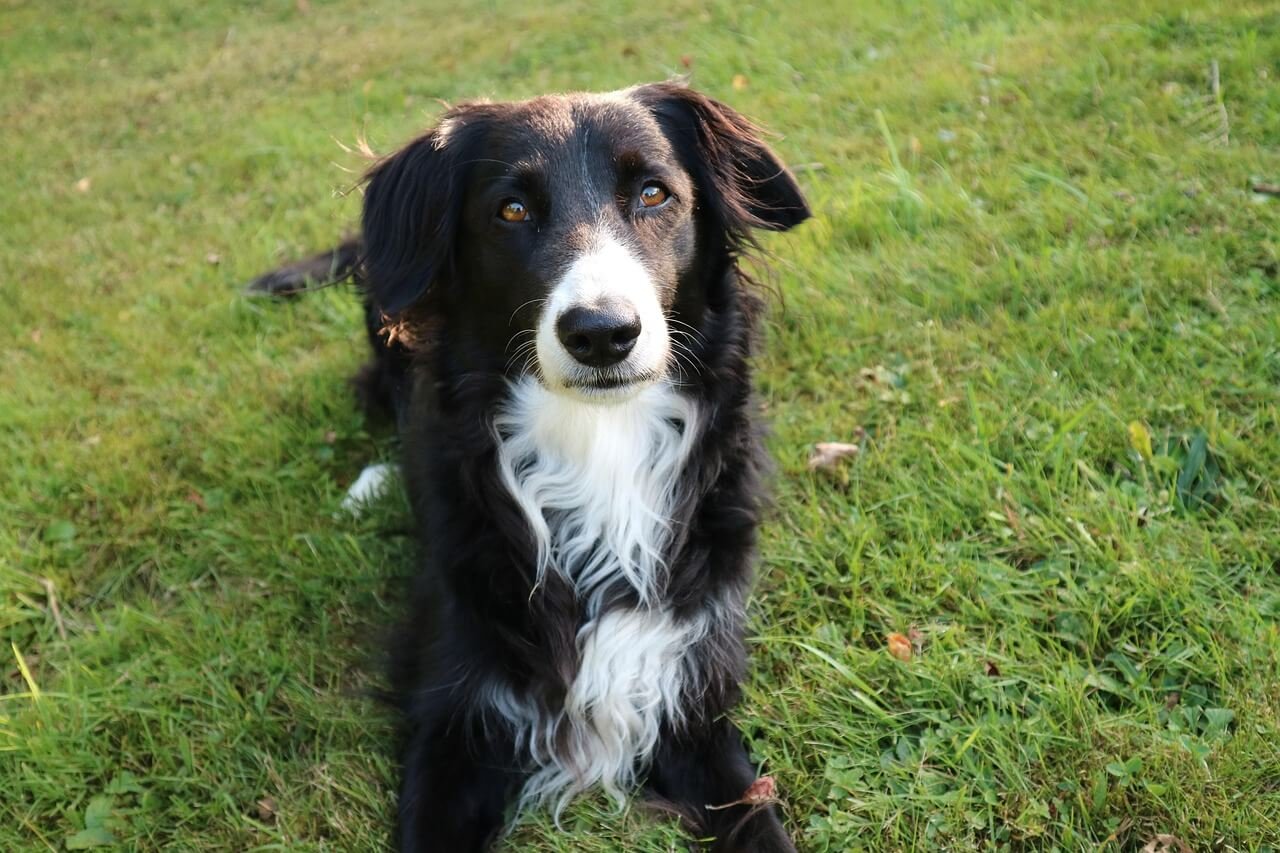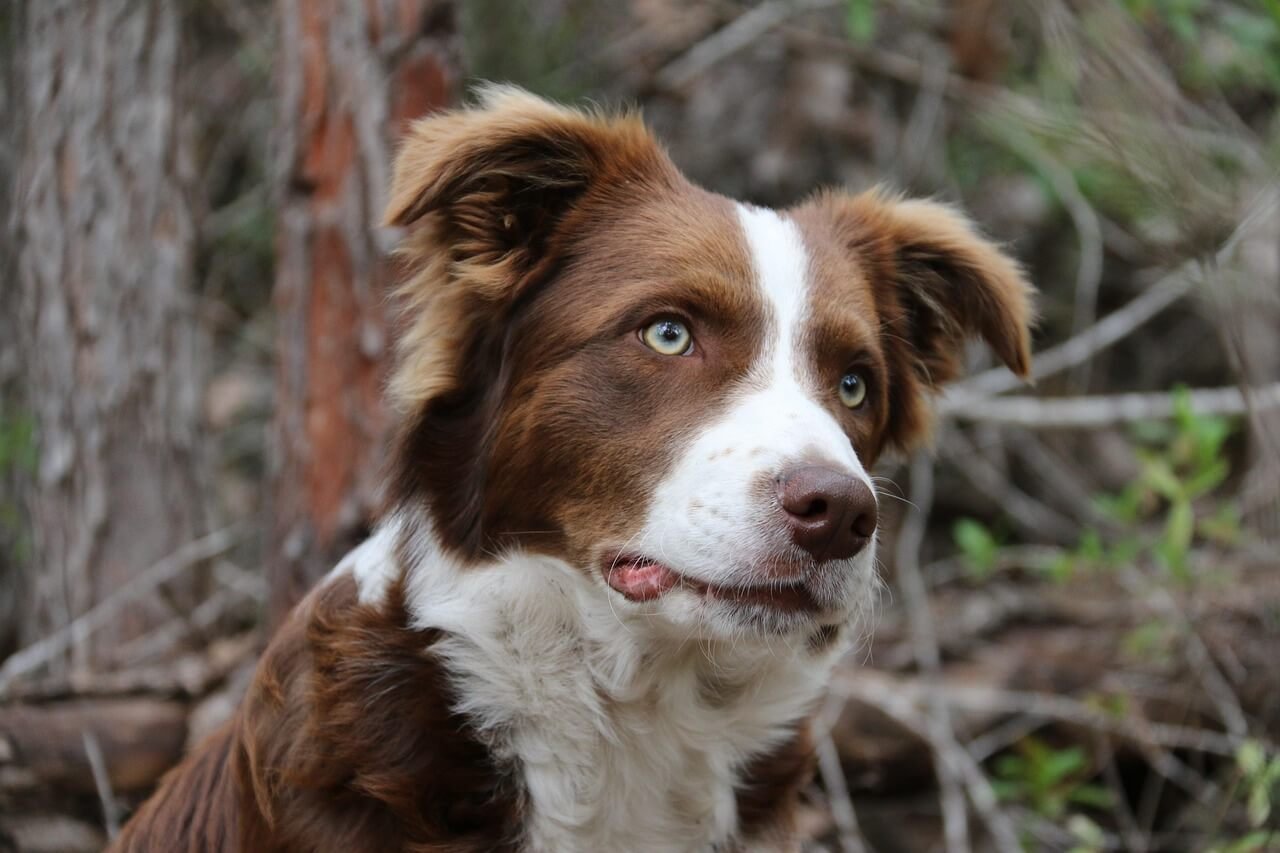Is It Normal for a Dog to Poop Once a Day?
As a dog owner, you’ve likely wondered whether your furry friend’s bathroom habits are normal. One common question that arises is whether it’s normal for a dog to poop once a day. While every dog is unique, understanding their digestive patterns can help you ensure they’re healthy and thriving. In this blog post, we’ll explore what’s considered “normal” when it comes to a dog’s bowel movements, factors that influence frequency, and tips to maintain your pup’s digestive health. Let’s dive in and uncover the answers together!
What’s Considered Normal for a Dog’s Bowel Movements?
While many dogs poop once a day, there’s no one-size-fits-all answer. A dog’s pooping frequency depends on various factors, including diet, age, and activity level. Here’s what’s generally considered normal:
Most healthy adult dogs poop once or twice daily, depending on their routine and diet.
Puppies often poop more frequently, sometimes up to three to five times a day, due to their faster metabolism.
Some dogs may poop every other day without any signs of discomfort or constipation.
The consistency of the stool is just as important as frequency—firm, well-formed stools are ideal.
Changes in routine, such as travel or stress, can temporarily affect how often your dog poops.
Understanding these variations can help you determine whether your dog’s pooping habits fall within the range of normalcy or if further investigation is needed.
Factors That Influence How Often a Dog Poops
Several factors play a role in determining how often your dog will poop each day. Recognizing these influences can help you better understand your dog’s digestive health.
Diet composition, such as the type and quality of food, directly impacts digestion and bowel movement frequency.
Hydration levels affect stool consistency; dehydration can lead to less frequent but harder stools.
Exercise plays a key role in promoting regular bowel movements by stimulating the digestive system.
Age is a significant factor—younger dogs tend to poop more often than older ones due to faster digestion.
Health conditions, such as gastrointestinal disorders, can alter how often a dog poops.
By considering these factors, you can identify potential causes for changes in your dog’s pooping habits and take appropriate action.
Check this guide 👉How to Remove Hard Poop from Dog Anus at Home: Best 7 Tips!
Check this guide 👉Dog Pooping Black Liquid: Best 7 Health Tips!
Check this guide 👉How to Dispose of Dog Poop: Best 7 Expert Tips!
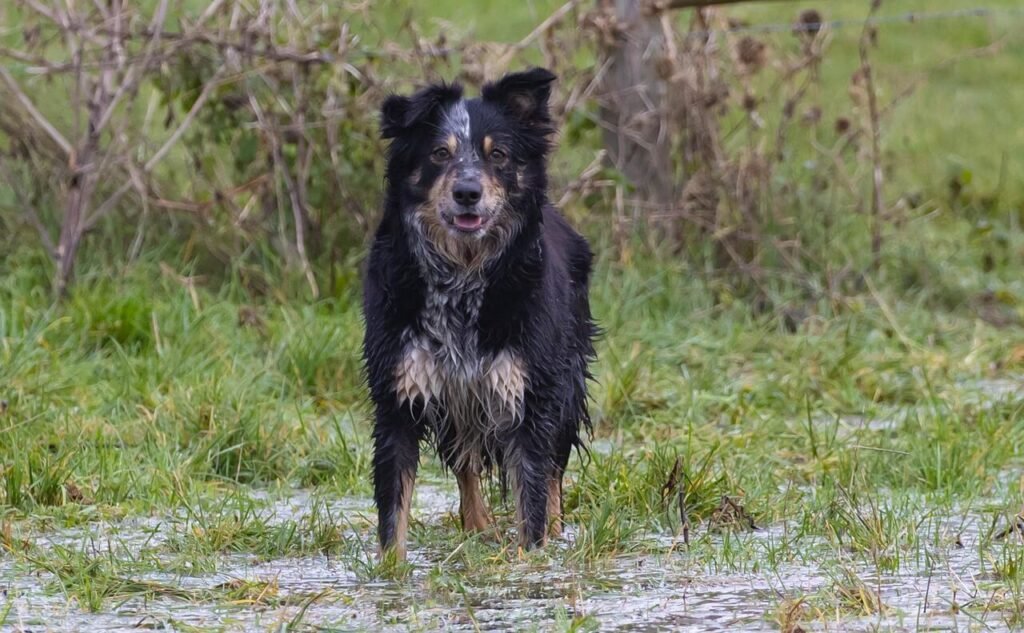
Signs of Healthy Digestion | Signs of Digestive Issues |
|---|---|
Pooping once or twice daily | Diarrhea lasting more than 24 hours |
Firm, well-formed stools | Straining or difficulty pooping |
Consistent bathroom routine | Blood or mucus in the stool |
Normal appetite and energy | Vomiting alongside irregular poop |
No signs of discomfort | Excessive gas or bloating |
Tips to Maintain Your Dog’s Digestive Health
Ensuring your dog’s digestive system stays healthy is key to promoting regular bowel movements. Here are some practical tips to support their gut health:
Feed a balanced, high-quality diet tailored to your dog’s size, age, and activity level.
Provide plenty of fresh water to keep them hydrated and aid digestion.
Avoid sudden dietary changes, which can upset their stomach and disrupt pooping patterns.
Incorporate fiber-rich foods like pumpkin or sweet potato to promote regularity.
Schedule regular vet check-ups to catch and address any underlying health issues early.
By following these tips, you can help your dog maintain a healthy digestive system and consistent bathroom habits.
When to Be Concerned About Your Dog’s Pooping Habits
While occasional changes in your dog’s pooping habits are usually harmless, certain signs warrant attention. Recognizing these red flags ensures you can act promptly to protect your dog’s health.
Persistent diarrhea or loose stools could indicate an infection or dietary intolerance.
Constipation lasting more than two days may signal dehydration or a blockage.
Blood or mucus in the stool is a sign of gastrointestinal distress or parasites.
Sudden changes in pooping frequency without an obvious cause should be investigated.
Lethargy or loss of appetite alongside irregular pooping may point to a serious health issue.
If you notice any of these symptoms, consult your veterinarian to rule out underlying conditions.
Signs of a Healthy Digestive System in Dogs
A healthy digestive system is crucial for your dog’s overall well-being. Recognizing the signs of good digestion can help you ensure your pup is thriving.
Regular bowel movements (once or twice daily) indicate a well-functioning digestive system.
Firm, well-formed stools are a hallmark of healthy digestion in dogs.
A consistent appetite shows that your dog is processing food effectively.
Minimal gas or bloating suggests their diet agrees with them and isn’t causing discomfort.
High energy levels often reflect proper nutrient absorption and efficient digestion.
By paying attention to these signs, you can confirm that your dog’s digestive health is on track and address any issues early if they arise.
Common Causes of Irregular Pooping Habits
Irregular pooping habits can be caused by a variety of factors, ranging from dietary choices to underlying health conditions. Understanding these causes can help you identify and resolve issues.
Sudden changes in diet can upset your dog’s stomach and lead to diarrhea or constipation.
Lack of physical activity may slow down digestion, resulting in less frequent bowel movements.
Stress or anxiety can disrupt your dog’s digestive rhythm, causing irregularities.
Parasites like worms can interfere with normal digestion and stool consistency.
Food intolerances or allergies may trigger gastrointestinal upset and abnormal pooping patterns.
By addressing these potential causes, you can help restore your dog’s regular pooping routine and improve their overall comfort.
How to Transition Your Dog to a New Diet Safely
Switching your dog’s diet can impact their pooping habits, so it’s essential to make the transition gradually. Here are some tips to ensure a smooth changeover.
Start by mixing a small amount of the new food with their current diet, gradually increasing the ratio over 7–10 days.
Monitor your dog’s stool during the transition to spot any signs of digestive upset.
Avoid introducing multiple new foods at once, as this can make it harder to identify the cause of any issues.
Choose high-quality food that matches your dog’s nutritional needs and life stage.
Consult your veterinarian before making significant dietary changes, especially for puppies or senior dogs.
By following these steps, you can minimize digestive disruptions and ensure your dog adapts comfortably to their new diet.
Frequently Asked Questions About Dog Pooping Habits
Is it normal for a dog to poop once a day?
Yes, it’s normal for many dogs to poop once a day, though some may go more or less frequently depending on individual factors.
What does it mean if my dog doesn’t poop every day?
Occasional skipped days are fine, but persistent infrequency could indicate constipation or another issue.
Can diet affect how often my dog poops?
Absolutely. High-fiber diets or low-quality foods can increase or decrease pooping frequency.
Why does my puppy poop so much?
Puppies have faster metabolisms and smaller digestive systems, leading to more frequent bowel movements.
When should I see a vet about my dog’s pooping habits?
Consult a vet if you notice blood, mucus, persistent diarrhea, or other unusual symptoms.
Understanding Your Dog’s Pooping Patterns for Better Health
Monitoring your dog’s pooping habits is an essential part of ensuring their overall health and well-being. While it’s normal for many dogs to poop once a day, individual variations are common and influenced by factors like diet, age, and activity level. By staying attentive to changes in frequency, consistency, and behavior, you can quickly address any concerns that arise. Remember, a healthy digestive system contributes to a happy, energetic pup. If you ever feel uncertain, don’t hesitate to reach out to your veterinarian—they’re there to help you and your furry friend thrive!
Understanding Scabs in Dogs Ears: Best 7 Tips! Learn how to identify, treat, and prevent scabs in your dog’s ears for optimal ear health.
Is Cinnamon Bad for Dogs? Best 7 Health Tips! Discover safe ways to use cinnamon, risks to avoid, and expert advice to keep your dog healthy.
Can Dogs Get Pneumonia from Humans? Best 7 Tips! Learn how to protect your dog, understand transmission risks, and ensure their respiratory health.
Can Dog Urine Make You Sick? Best 7 Health Tips! Learn how to stay safe, prevent illness, and handle exposure to dog urine effectively.

